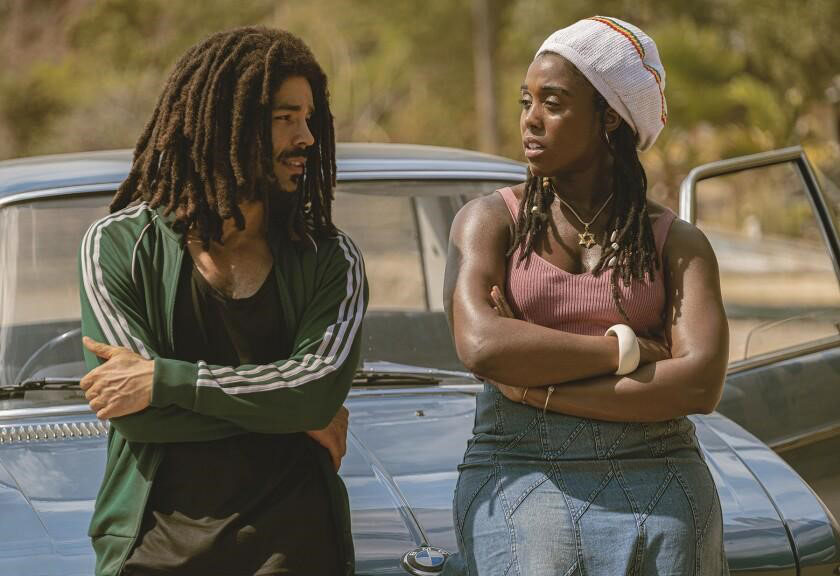 Although every cinematic biopic is liable to be compared to the reality of its subjects, there’s no immediate artistic value in overzealous fidelity to truth in film. Instead, what we hope for most, is a film that conveys the spirit and ethos of its subject. Common biopic norms have resulted in two primary modes of real-life cinematic distillations. A biopic might approach its story as a womb-to-tomb entry that covers the subject’s life, or it might drop us into a specific moment in a great person’s life where we examine how that critical moment became part of a legacy,
Although every cinematic biopic is liable to be compared to the reality of its subjects, there’s no immediate artistic value in overzealous fidelity to truth in film. Instead, what we hope for most, is a film that conveys the spirit and ethos of its subject. Common biopic norms have resulted in two primary modes of real-life cinematic distillations. A biopic might approach its story as a womb-to-tomb entry that covers the subject’s life, or it might drop us into a specific moment in a great person’s life where we examine how that critical moment became part of a legacy,
“Bob Marley: One Love”, the third consecutive biopic directed by Reinaldo Marcus Green, ostensibly seems like the latter at first. It opens with title-cards announcing the fraught political context of 1976 Jamaica and Marley’s decision to hold a peace concert to bring the warring factions together. Soon enough, though, we find the screenplay weaving threads of the recent and distant past turning the film into a nonlinear version of the traditional childhood-to-death biopic. It’s a tall order for the film that’s only 107 minutes, as it traces Marley’s European rise to fame on the back of his album “Exodus”. The appreciation for the music is clear. Childhood moments, including a recurring motif of a Bob as a child surrounded by a billowing fire, punctuate the narrative. In approaching this story through the familiar lens of traditional biopics, “One Love” seems to eschew the philosophy of the man behind the music. We are offered diverting accounts of moments in life, but the spiritual and philosophical legacy feels hazy.

